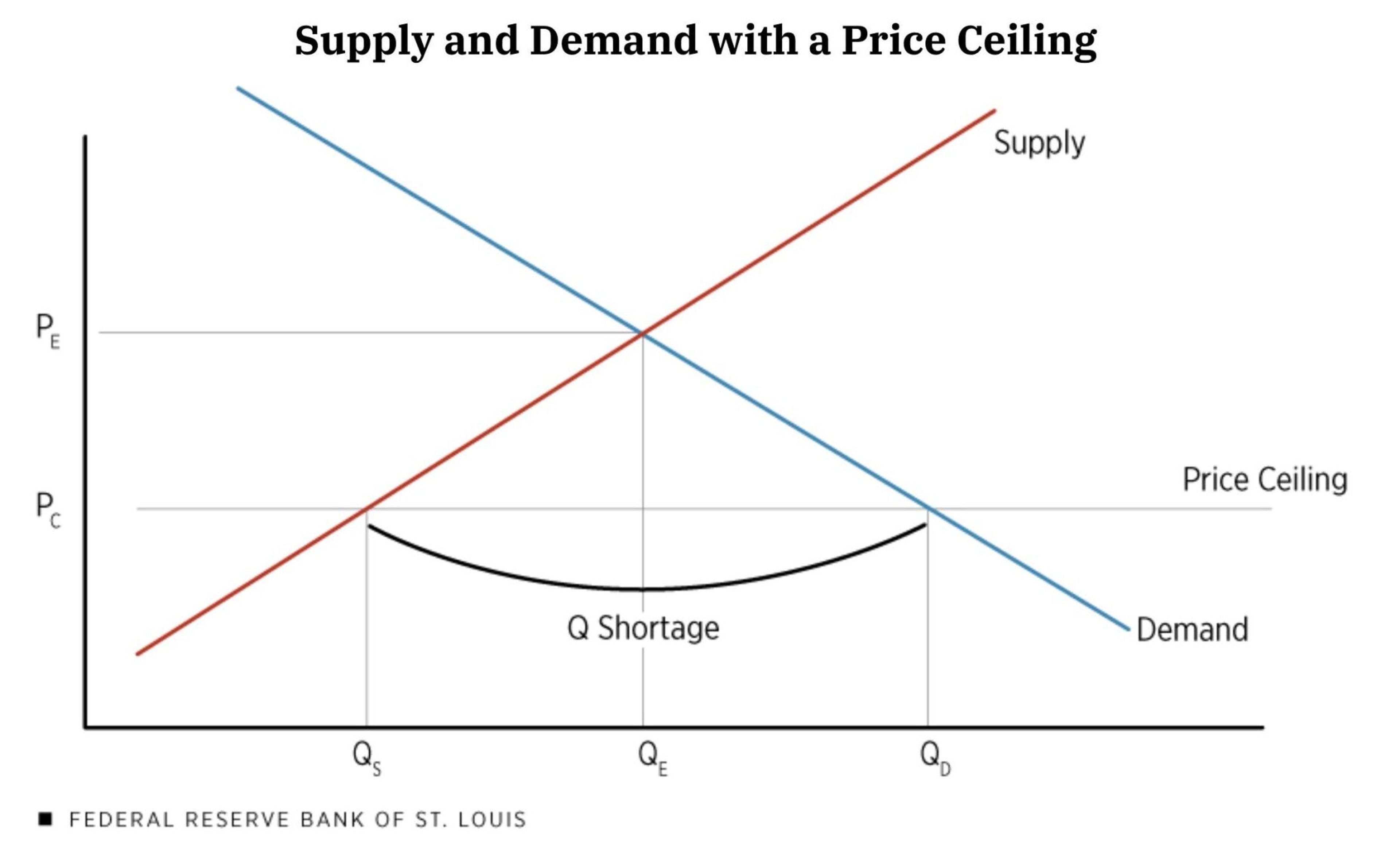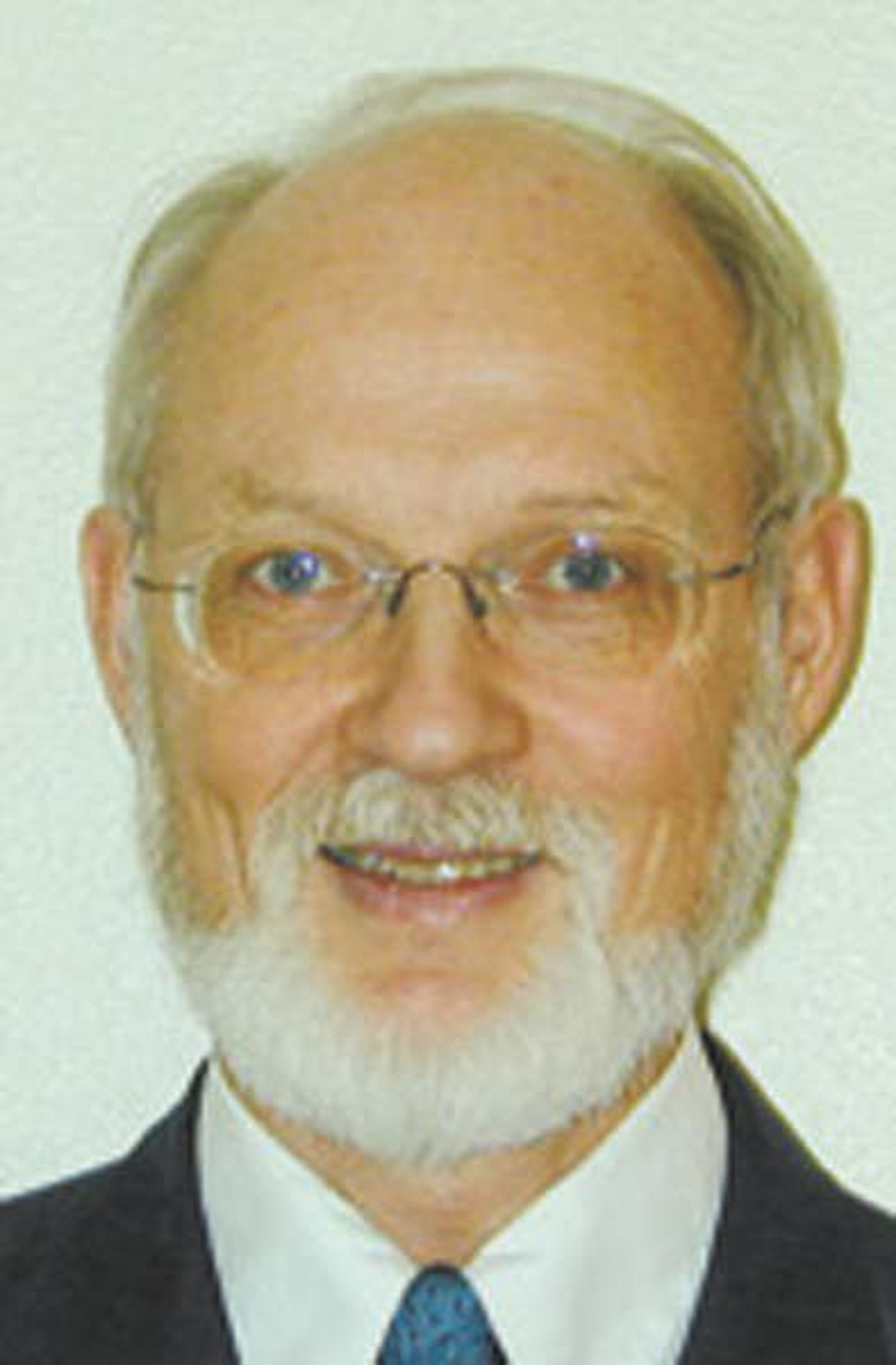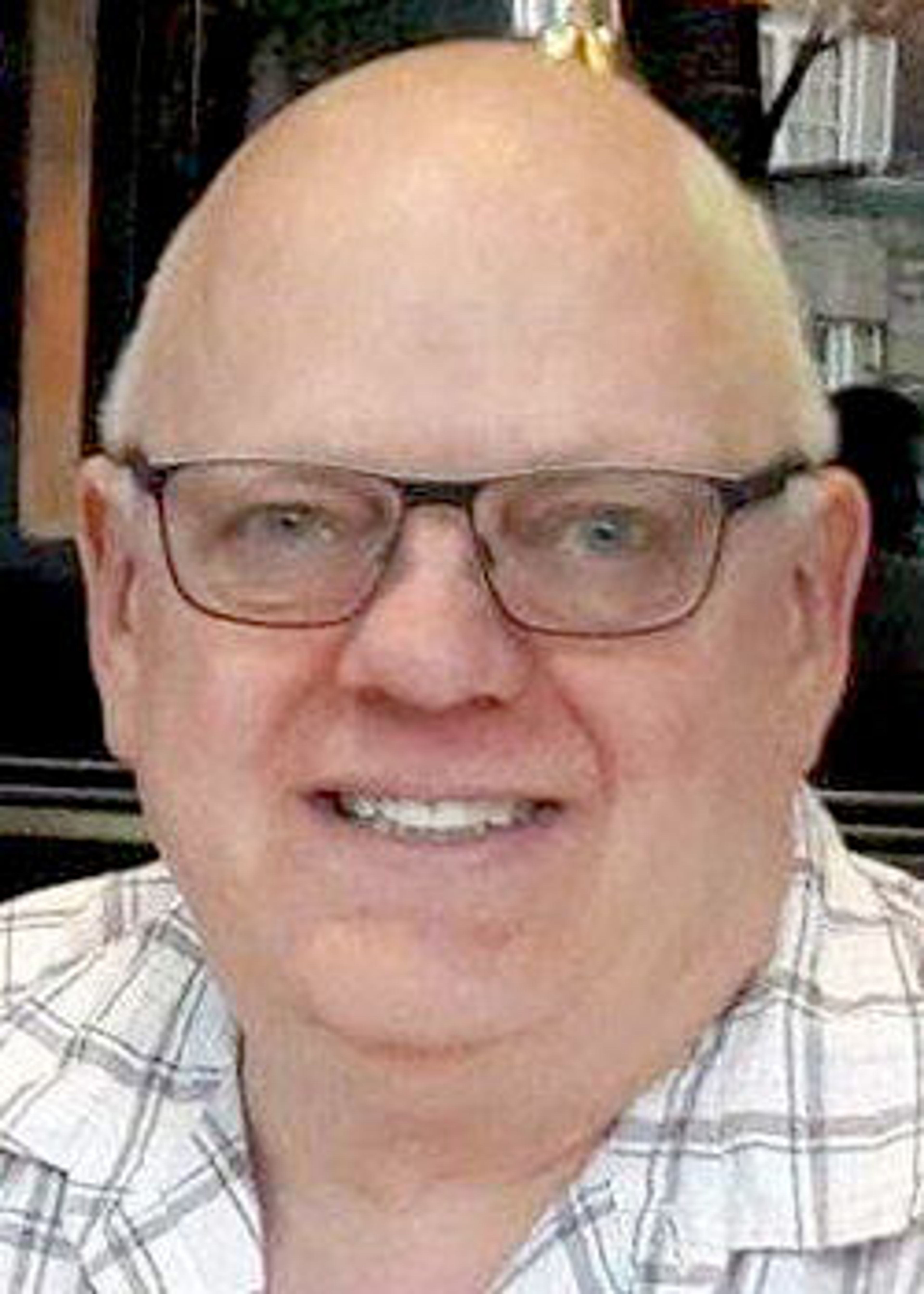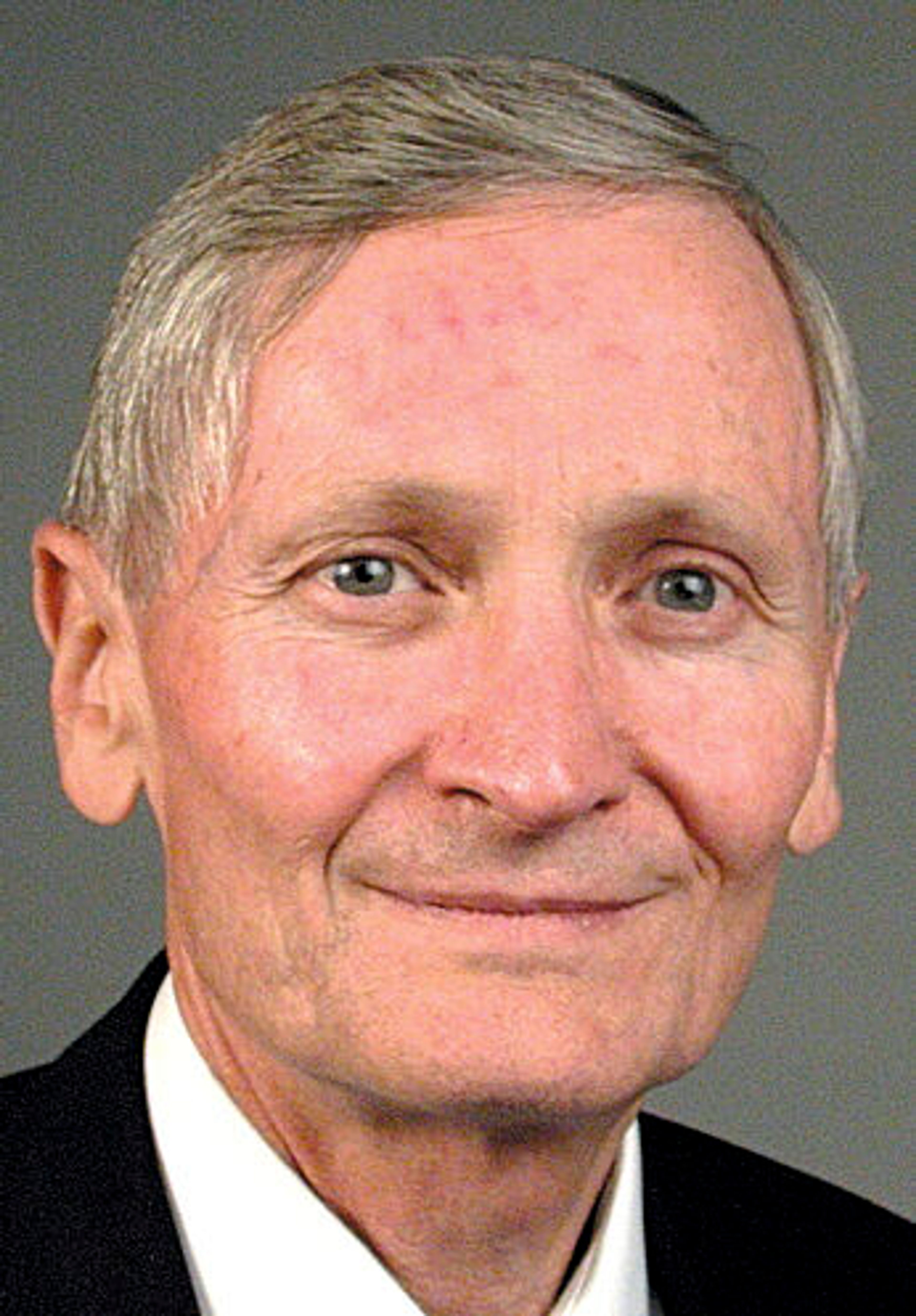Legislative Diary: Senator: COVID-19 has not increased suicide rate in Idaho
BOISE — The chairman of the Senate Health and Welfare Committee said suicide rates in Idaho did not increase substantially in 2020, despite claims to the contrary from many critics of COVID-19 protocols.
Sen. Fred Martin, R-Boise, handed out a graph during Tuesday’s Senate floor session indicating that 396 people committed suicide in Idaho in 2020. That’s up from 362 in 2019, but down from 409 in 2018.
“Suicide rates are tracking in line with the past several years,” Martin said.
Critics of mask mandates, school closures and other state and local COVID-19 public health orders frequently suggest the restrictions caused a spike in suicide rates. Martin’s graph included deaths of residents and nonresidents who died in Idaho. It showed a noticeable dip in suicides last April, followed by a spike in May. The number then tracks very closely with 2018 through November, before dropping again in December.
“One death is too many, but using suicide as a political message is wrong,” Martin said.
Medicaid provider rates
The Senate Health and Welfare Committee rejected a proposal Tuesday giving the state more flexibility in reducing Medicaid provider rates.
Matt Wimmer, administrator for the Department of Health and Welfare’s Medicaid Division, said the bill would allow the department to temporarily reduce provider rates if the state is facing a budget crisis.
“This would only apply when there’s a projected budget shortfall,” Wimmer said of the legislation.
The committee quickly rejected the proposal, however.
Rep. Peter Riggs, R-Post Falls, noted that the bill contained vague language about “temporarily decreasing provider rates,” without indicating how much of a decrease would be allowed.
“There’s no floor,” he said. “It’s at the discretion of the agency to decrease rates an unknown amount.”
Sen. Jeff Agenbroad, R-Nampa, said he favors efforts to control the state’s spiraling health care costs.
“But I don’t think this is the way to do it,” Agenbroad said. “I view this as circumventing the (legislative budget) process, without any sideboards.”
Gov. Brad Little’s fiscal 2022 budget recommendation includes $30 million in Medicaid cost savings. That includes a combination of provider rate cuts, benefits reductions and higher tax assessments on nursing homes and intermediate care facilities. Tuesday’s proposal appeared to be separate from those cost-saving measures. The committee rejected the bill on a unanimous voice vote.
Spence may be contacted at bspence@lmtribune.com or (208)-791-9168.








